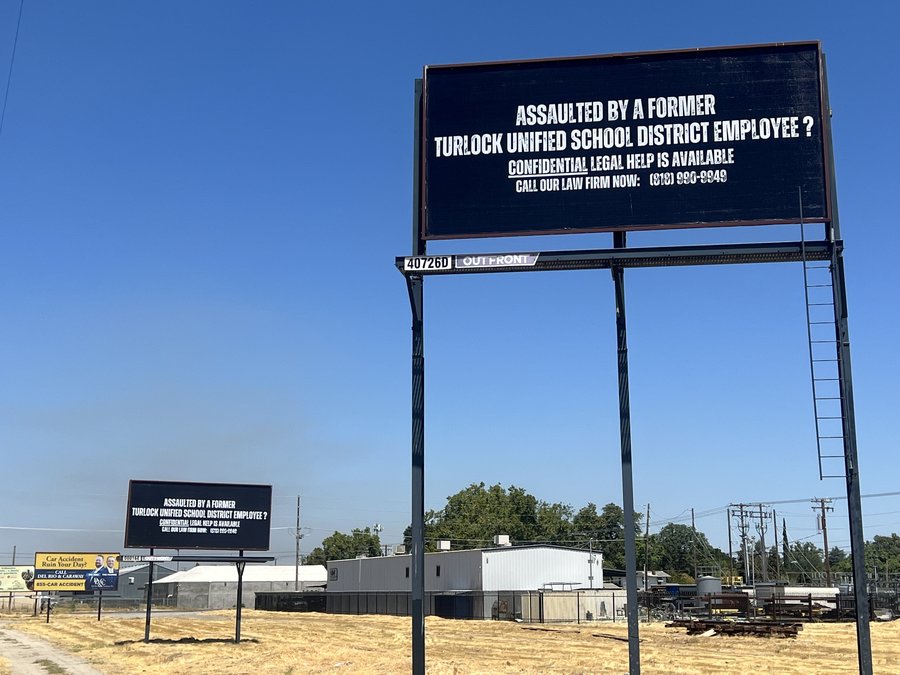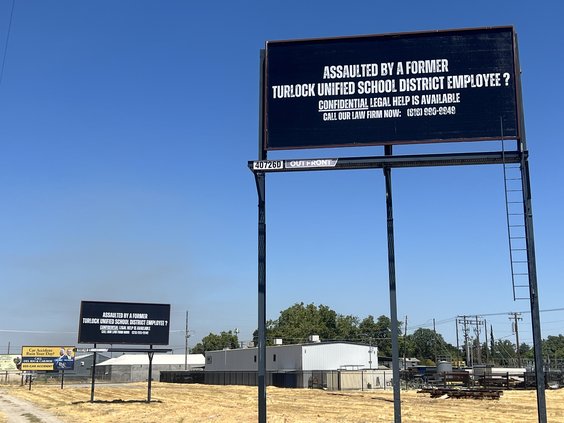West Nile Virus prevention is a major goal of the Turlock Mosquito Abatement District, but new laws might make it harder for TMAD to control mosquito populations.
Mosquito abatement districts will now have to comply with the Clean Water Act, federal laws regarding the release of toxic substances into water. Mosquito abatement and other vector control organizations will be required to obtain a National Pollutant Discharge System permit each time they use pesticides near water sources.
David Heft, general manager of Turlock Mosquito Abatement District, said the new laws might affect TMAD’s ability to respond to service requests and treat mosquitoes. TMAD will have to follow strict permitting requirements when spraying near water, including an inspection before, during and after treatment.
“What used to take one trip will now take three or four. Some of these areas are pretty remote and difficult to get to,” Heft said.
Turlock Mosquito Abatement District covers 900 square miles, including the communities of Turlock, Newman, Patterson, Hughson, Ceres and unincorporated county areas in between. Many of these areas include U.S. waters, including wetlands and rivers. Travel time is a major factor for TMAD seasonal employees, and additional trips to the farthest corners of the district would take up employee time that could otherwise be spent treating mosquitoes. Employees will also spend more time dealing with paperwork.
“It could mean more manpower to comply with the permit requirements,” Heft said.
Mosquito abatement and vector control districts across the country are lobbying for an exemption to the Clean Water Act for public health reasons. Mosquito abatement districts are charged with finding and eliminating mosquito populations that carry potentially deadly West Nile Virus.
In 2011 Turlock Mosquito Abatement District found 88 mosquito samples that tested positive for West Nile Virus. The virus is spread through bites from contaminated mosquitoes and can lead to encephalitis, brain damage or death in about 1 percent of infected people. Four human cases of West Nile Virus were confirmed in Turlock Mosquito Abatement District in 2011. Eleven cases were found in Stanislaus County, contributing to 155 cases in California. Statewide, there were 50 more human cases of West Nile Virus in 2011 than in 2010.
Turlock Mosquito Abatement District checks trapped mosquitoes in the area for West Nile Virus. It also responds to calls of dead birds, which can indicate West Nile Virus activity. TMAD responds to service calls for mosquito abatement and also sprays and treats mosquito hot-spots in the area.
Mosquito season typically ends in September, and TMAD normally switches to a winter schedule at the end of that month. This year, however, the summer schedule was extended to Oct. 31.
“The season slows down tremendously after October, but mosquitoes will take advantage of the warmer weather, even in winter. We found mosquito larvae under a layer of ice just yesterday,” Heft said.
Residents are urged to report mosquito activity any time of year to Turlock Mosquito Abatement District at 634-1234. Neglected pools, ornamental ponds, buckets of rainwater and any other standing water are breeding grounds for mosquitoes, and should be emptied or treated. Turlock Mosquito Abatement District can advise on the best way to handle mosquito treatment.
To contact Andrea Goodwin, e-mail agoodwin@turlockjournal.com or call 634-9141 ext. 2003.









